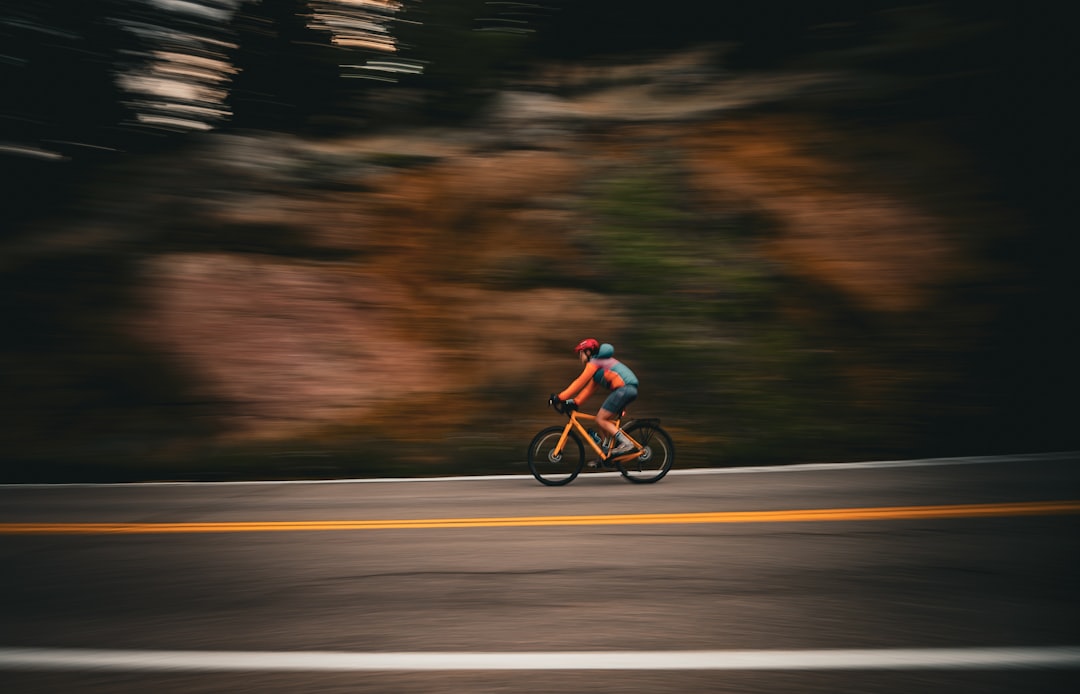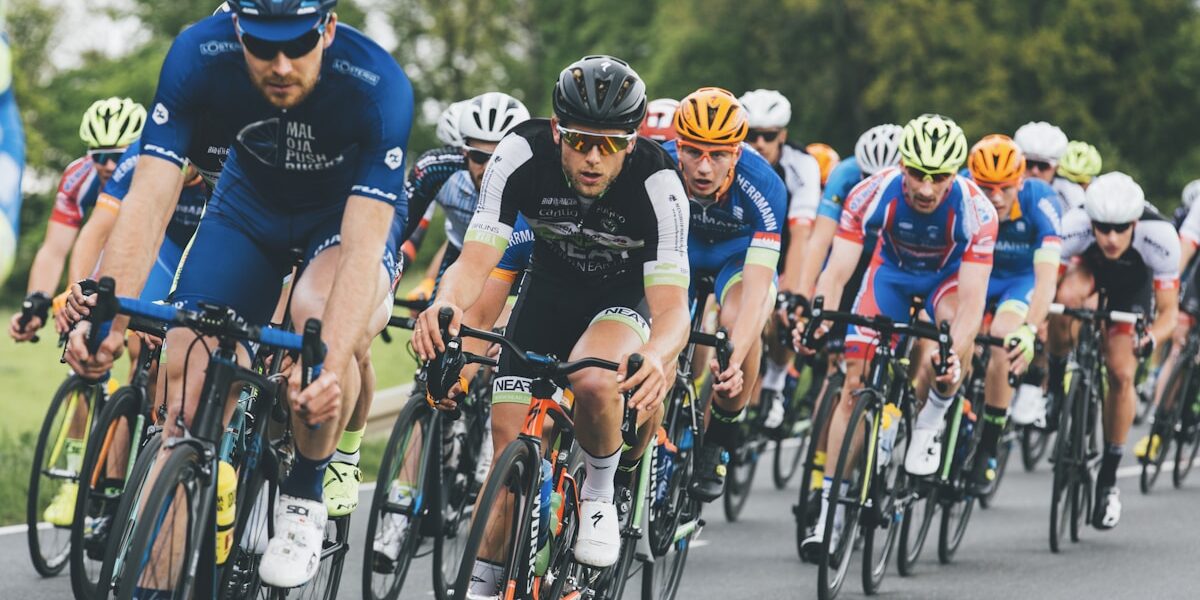Road bikes go fast. But why? Here’s the actual physics.

Weight
Lighter accelerates faster. Climbs easier. But once at speed, weight matters less.
Rotating weight especially. Light wheels feel snappy. Heavy wheels hold momentum.
Aerodynamics
Biggest factor at speed. Above 15 mph, most of your effort fights air resistance.
Drop bars put you low. Narrow tires cut through air. Tight clothing reduces drag. Everything matters.
Deep section wheels are aero but heavier. Trade-off depends on terrain. Flat races favor aero.
Rolling Resistance
Tire pressure affects how much energy the tire absorbs. Higher pressure, less deformation, faster on smooth roads.
But too high loses grip and comfort. Modern thinking favors slightly lower pressures than we used to run.
Tire quality matters. Cheap tires have more rolling resistance. Supple casings roll faster.
Gearing
Higher gears for speed. Need leg strength to push them. Training makes the bike faster, not just equipment.
Position
Aggressive position is aero but less comfortable. Pro racers are flexible and fit differently than recreational riders.
Comfort matters for longer rides. Sustainable position beats maximum aero for most people.
The Reality
Engine matters most. Fit rider on cheap bike beats unfit rider on expensive bike every time.


